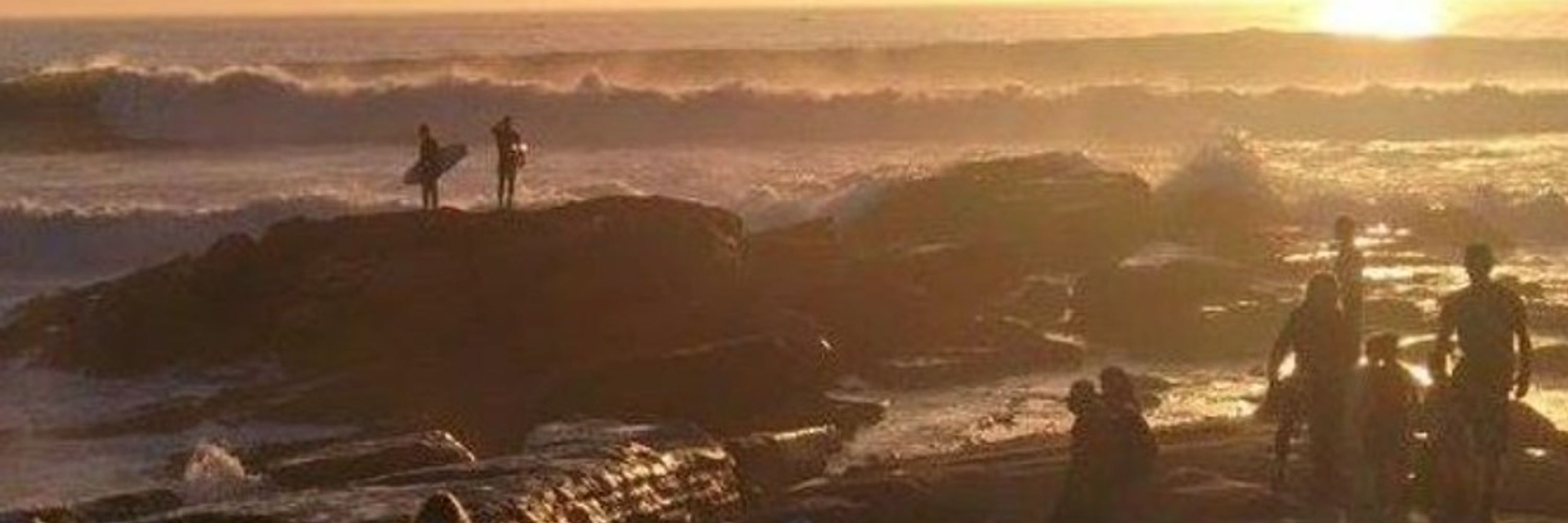
📃 www.pnas.org/doi/10.1073/...

📃 www.pnas.org/doi/10.1073/...
I am thrilled to share a new paper w/ Amalia Bastos, out now in @science.org
We provide the first experimental evidence that a nonhuman animal can follow along a pretend scenario & track imaginary objects. Work w/ Kanzi, the bonobo, at Ape Initiative
youtu.be/NUSHcQQz2Ko

I am thrilled to share a new paper w/ Amalia Bastos, out now in @science.org
We provide the first experimental evidence that a nonhuman animal can follow along a pretend scenario & track imaginary objects. Work w/ Kanzi, the bonobo, at Ape Initiative
youtu.be/NUSHcQQz2Ko
If you're interested in data analysis, development, and cross-cultural variability, please join us!
First week is open, second week is by application with mentorship on group projects.
levante-hackathon-2026.github.io

If you're interested in data analysis, development, and cross-cultural variability, please join us!
First week is open, second week is by application with mentorship on group projects.
levante-hackathon-2026.github.io
📃 m-hauptman.github.io/files/Hauptm...

📃 m-hauptman.github.io/files/Hauptm...
📃 arxiv.org/abs/2510.015...

📃 arxiv.org/abs/2510.015...
gershmanlab.com/textbook.html
It's a textbook called Computational Foundations of Cognitive Neuroscience, which I wrote for my class.
My hope is that this will be a living document, continuously improved as I get feedback.
gershmanlab.com/textbook.html
It's a textbook called Computational Foundations of Cognitive Neuroscience, which I wrote for my class.
My hope is that this will be a living document, continuously improved as I get feedback.

osf.io/preprints/ps...
osf.io/preprints/ps...
David Rose (davdrose.github.io) led this project on how children's understanding of causal language develops.
📃 (preprint): osf.io/preprints/ps...
📎: github.com/davdrose/cau...
David Rose (davdrose.github.io) led this project on how children's understanding of causal language develops.
📃 (preprint): osf.io/preprints/ps...
📎: github.com/davdrose/cau...
news.harvard.edu/gazette/stor...

news.harvard.edu/gazette/stor...
Our 52nd Annual Meeting will be held from June 18–20, 2026 at Johns Hopkins University in Baltimore, MD, with a pre-conference on Mental Control and Agency held at JHU on June 17
🚨🚨🚨
We are currently inviting submissions of papers (talks and posters)!
Our 52nd Annual Meeting will be held from June 18–20, 2026 at Johns Hopkins University in Baltimore, MD, with a pre-conference on Mental Control and Agency held at JHU on June 17
🚨🚨🚨
We are currently inviting submissions of papers (talks and posters)!
my lab will develop scalable models/theories of human behavior, focused on memory and perception
currently recruiting PhD students in psychology, neuroscience, & computer science!
reach out if you're interested 😊


my lab will develop scalable models/theories of human behavior, focused on memory and perception
currently recruiting PhD students in psychology, neuroscience, & computer science!
reach out if you're interested 😊
"Physics versus graphics as an organizing dichotomy in cognition"
www.cell.com/trends/cogni...



"Physics versus graphics as an organizing dichotomy in cognition"
www.cell.com/trends/cogni...
Try it here: v0-new-project-9b5vt6k9ugb.vercel.app

Try it here: v0-new-project-9b5vt6k9ugb.vercel.app
He presented a beautiful set of studies that suggest that many 4-year-old children have a minimal concept of possibility: they simulate only once and treat the outcome as a fact. 🎱⬅️➡️🤔💭💡

He presented a beautiful set of studies that suggest that many 4-year-old children have a minimal concept of possibility: they simulate only once and treat the outcome as a fact. 🎱⬅️➡️🤔💭💡
How do people's mental models shape memory, prediction, and generalization? We find that people spontaneously construct goal-dependent causal abstractions that compress experience to privilege relevant information.
📃 osf.io/preprints/ps...
🔗 github.com/cicl-stanfor...

How do people's mental models shape memory, prediction, and generalization? We find that people spontaneously construct goal-dependent causal abstractions that compress experience to privilege relevant information.
📃 osf.io/preprints/ps...
🔗 github.com/cicl-stanfor...
We are a supportive team who happened to wear bluesky appropriate colors for the lab photo (this wasn't planned). 💙
Lab info: cicl.stanford.edu
Application details: psychology.stanford.edu/admissions/p...

We are a supportive team who happened to wear bluesky appropriate colors for the lab photo (this wasn't planned). 💙
Lab info: cicl.stanford.edu
Application details: psychology.stanford.edu/admissions/p...
"Non-commitment in mental imagery is distinct from perceptual inattention, and supports hierarchical scene construction"
(by Li, Hammond, & me)
link: doi.org/10.31234/osf...
-- the title's a bit of a mouthful, but the nice thing is that it's a pretty decent summary


"Non-commitment in mental imagery is distinct from perceptual inattention, and supports hierarchical scene construction"
(by Li, Hammond, & me)
link: doi.org/10.31234/osf...
-- the title's a bit of a mouthful, but the nice thing is that it's a pretty decent summary

In one super cool study, he shows how children become more diligent fact checkers in less reliable environments.
📃 orticio.com/assets/Ortic...

In one super cool study, he shows how children become more diligent fact checkers in less reliable environments.
📃 orticio.com/assets/Ortic...

📢New from: @yangxiang.bsky.social @gershbrain.bsky.social @tobigerstenberg.bsky.social
www.sciencedirect.com/science/arti...

📢New from: @yangxiang.bsky.social @gershbrain.bsky.social @tobigerstenberg.bsky.social
www.sciencedirect.com/science/arti...
📃 authors.elsevier.com/a/1lo8f2Hx2-...
📃 authors.elsevier.com/a/1lo8f2Hx2-...

